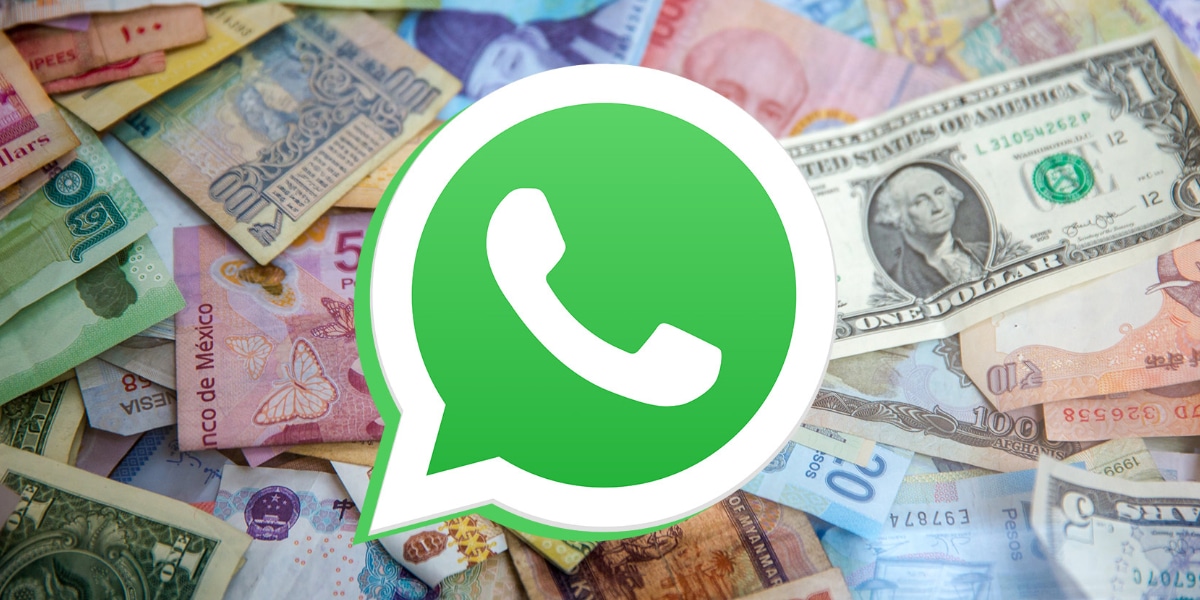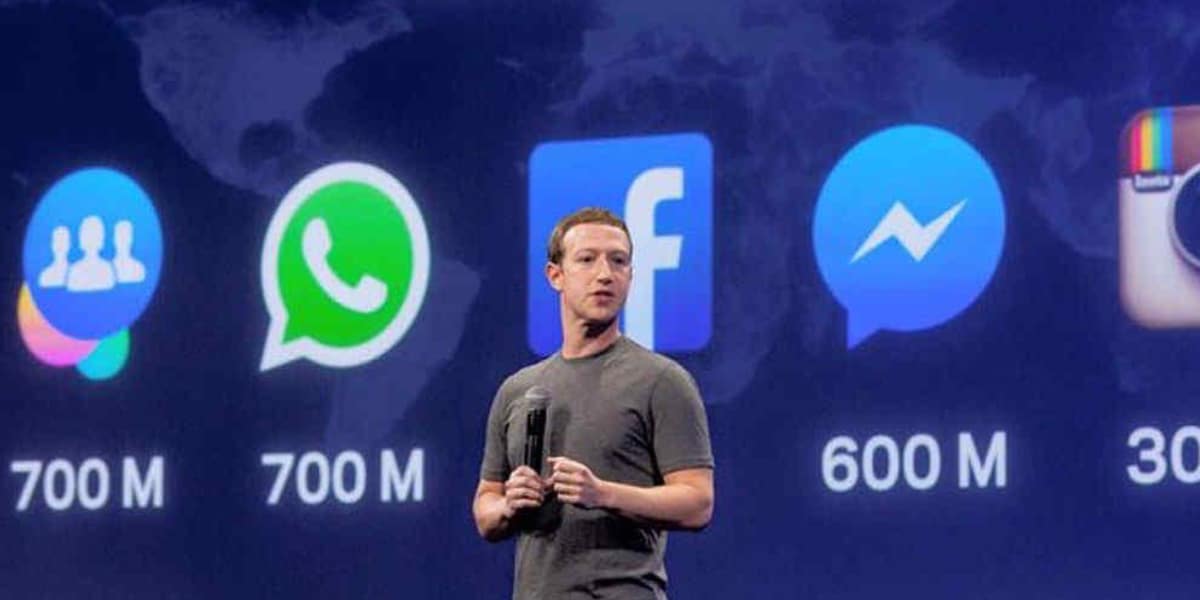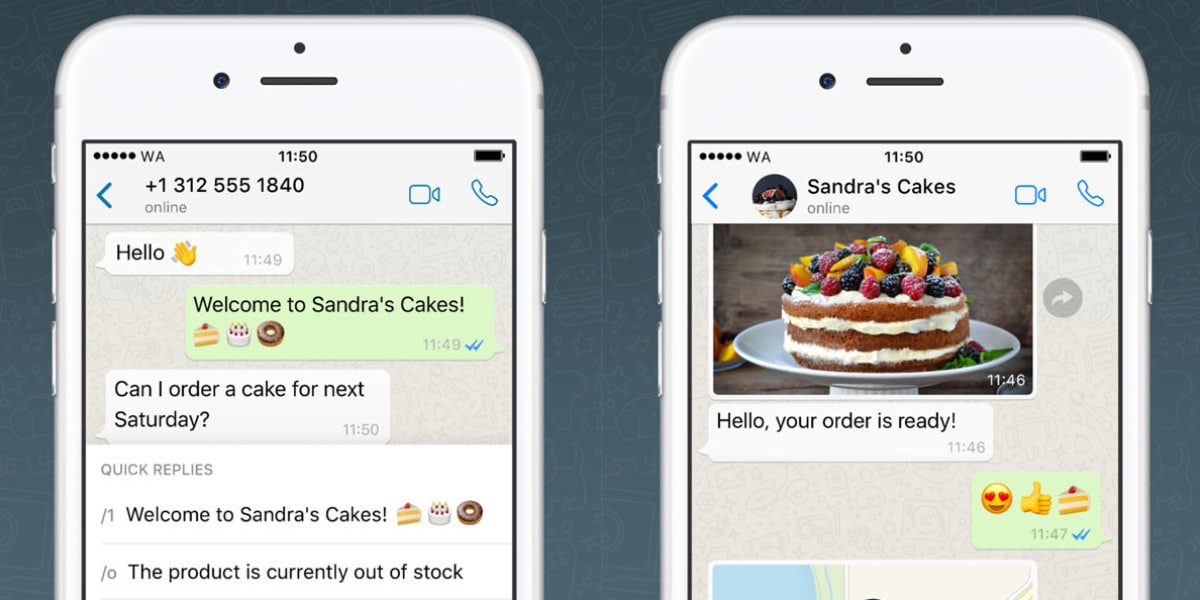
In 2014, Mark Zuckerberg bought the WhatsApp app from its developer for nearly $20 billion. Seven years later, only he and his team of accountants know for sure if that operation was profitable or not.
It is clear that the value of this application lies solely and exclusively in the huge portfolio of users that you control with it, and the valuable information that its domain offers you. Although WhatsApp is end-to-end encrypted, I do not believe that Zuckerberg does not somehow obtain some kind of profitability from said application, which to this day is still free and without ads….
WhatsApp has undoubtedly become the messaging application that has the most users all over the planet. Billions of people who use these chats on a regular basis every day. It far exceeds other applications such as FaceBook Messenger, WeChat or Telegram.
The current success of this application is due to several factors. The first reason is that it was the first instant messaging application to hit the market, and it quickly became very popular. Another cause, without a doubt, is its easy handling and reliability. Except on rare occasions when its servers crash, it is an application that always works, and very well. And perhaps the most important of all is that it is free, and has no ads. And that's when the question arises: is Zucherberg losing money with WhatsApp?
A Little History
They say whoever strikes first, strikes twice. WhatsApp was launched in 2009. At that time, the only way to send messages from mobile to mobile immediately was through SMS or between the owners of a Blackberry terminal (among which I include myself) that had its own WhatsApp application. messaging, but of course, it only worked between mobile phones of that brand.
During the first years of its existence, WhatsApp was free the first year, and the second you had to pay 89 cents for an annual subscription. For iOS users, it was already common to pay for an application, but many Android users made their first payment to Google Play because of this subscription.
Said subscription was not very serious. Many times the application itself was renewed for another free year before the end of the first year. WhatsApp wanted to reach as many users as possible, even if it had to give away millions of annual subscriptions.
Finally, in 2014, seeing that the issue of the annual subscription charge had not yet materialized, and with the fear that users would emigrate to a new competitor in the world of messaging such as Telegram, WhatsApp became free forever. .
2014 was crucial for WhatsApp

In 2014 Zuckerberg bought WhatsApp for $20.000 billion.
2014 was a year that marked a before and after for WhatsApp, due to two very important events that have undoubtedly marked the trajectory of the application and why it is still free today.
First, because WhatsApp was acquired by Mark ZuckerBerg (at this point in the film it is not necessary to explain who said individual is) for almost 20.000 million dollars. There was much speculation then about Zuckerberg's intentions with that purchase. We all thought that WhatsApp would be integrated into FaceBook, thus unifying all users in a single application. We were wrong, or that was just Mark's idea, but he couldn't bring himself to do it.
And second, that in that same year, a new messaging application appeared out of nowhere: Telegram. A tough Russian competitor, like Ivan Drago in the Rocky Balboa movie. Pavel Durov and his team of developers launched a messaging application that made Zuckerberg's pulse tremble himself, who already had his WhatsApp in his pocket, wanting to exploit it and recover those twenty billion dollars.
And the owner of FaceBook and Instagram had to seriously rethink what to do with WhatsApp. The "Ivan Drago" of the messaging apps was taller and stronger than him. It had some very powerful fists: Your messages were much more secure as they were encrypted, it was truly cross-platform, being able to be used on several devices at the same time (such as a PC), and it was totally free and without ads. A very powerful threat.
And Zuckerberg panicked. He knew that any wrong move would cause millions of users to switch to the cool new Telegram, and if they tried it, they would never go back. So several years have passed, and the CEO of Facebook is still not moving.
Telegram is still free and ad-free, and as long as you can hang on, WhatsApp will stay the same. So Zuckerberg, seeing that he cannot "touch" the private user, has decided to start doing business with WhatsApp for companies.
WhatsApp Business

With WhatsApp Business, the platform begins to generate income.
WhatsApp Business, is an application created in 2017 and focused on the business of companies. It was created so that small businesses can communicate with their customers, show them their products and services, and be able to chat with the customer while they buy and answer their questions.
A good way to connect company and client, allowing you to create a virtual catalog to display products and services, and use special tools to automate, order and quickly respond to messages. It has free services, and others that are paid.
And apart from charging for these services, with WhatsApp Business Zuckerberg collects a large amount of very valuable business information, which can be exploited on other platforms such as Facebook.
WhatsApp Payments
WhatsApp Payments will be Zuckerberg's next move to make a profit from WhatsApp. A payment service similar to Bizum that we all know. And again, with the fear of "touching" the end user, for them the payments and income will be free, and it will be the companies that will pay the price.
It began to work in Brazil last year, and it is expected that in this new 2021 it will be extended to more countries. Although the service is free for users, due to the large volume of transactions that this platform can generate between individuals and companies, the benefits for Zuckerberg can be considerable.
Rocky hopes to tire out Ivan Drago

Pavel Durov, the Ivan Drago of messaging.
As in Sylvester Stallone's movie, the American waits for the Russian to get tired, to finally win the fight. That is what Mark Zuckerberg is doing. He knows that sooner or later, Pavel Durov will have to charge for his Telegram, or introduce advertising to generate profit. It will be when the American will make a move, and will do the same, to continue being the World Champion of messaging, in number of users, and finally, be able to make WhatsApp profitable.

Whatsapp was not the first. Before there was at least one called Ping. I had it. What I no longer remember is if it was only for iPhone or there was also for Android.